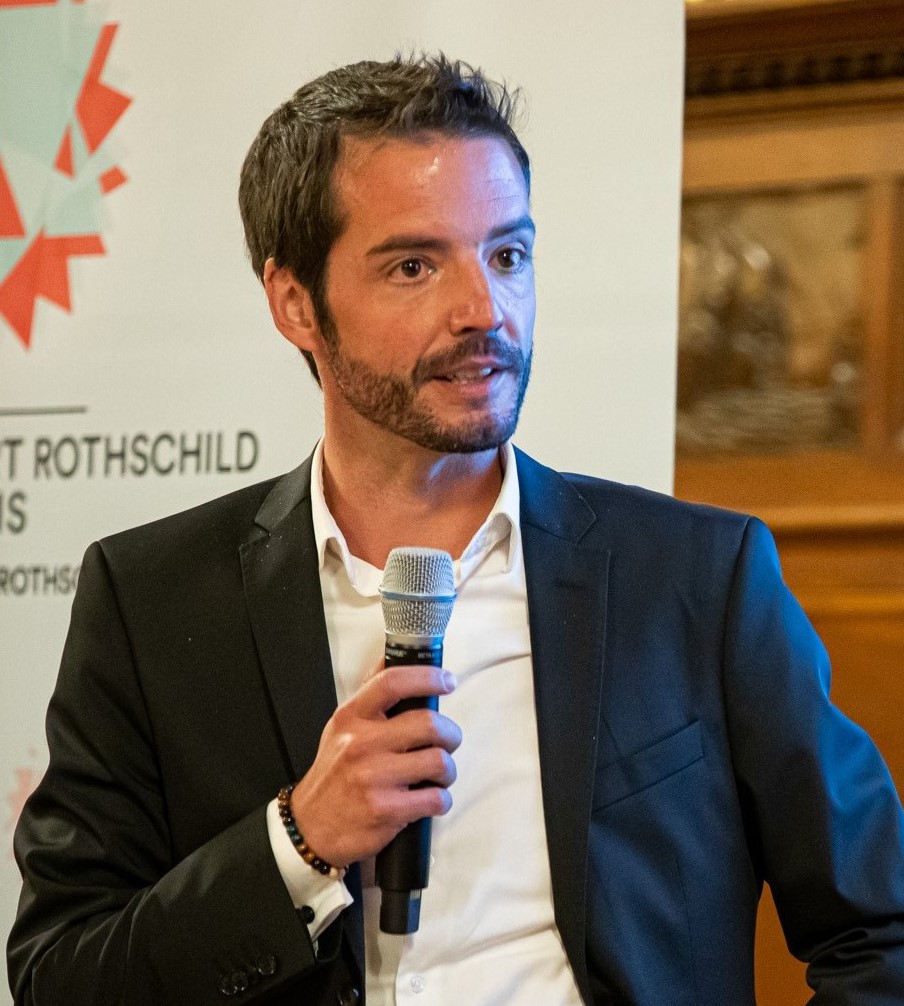Konstantin Wacker ontvangt beurs van Oostenrijkse Centrale Bank

De OeNB, de Oostenrijkse Centrale Bank heeft een beurs toegekend aan universitair docent Konstantin M. Wacker. De beurs is een kortlopende onderzoeksbeurs van € 5.000. Wacker's onderzoeksproject analyseert internationale betalingen die voortvloeien uit grensoverschrijdende investeringen, die deel uitmaken van de 'betalingsbalans' van een land.
Wacker's onderzoek draagt bij aan het grotere debat over "globalisering en ongelijkheid", omdat het gaat om grensoverschrijdende winsten en rente.
Een bijzonder aspect ter overweging, zijn de activa die multinationals verschuiven naar belastingparadijzen voor agressieve belastingplanning. Voor bekende belastingparadijzen zijn de inkomsten uit investeringen van multinationals enorm. Netto zijn ze gelijk aan ongeveer een vijfde van het BBP in landen als Ierland en Luxemburg en bijna 100% van het BBP voor Malta.
Wacker: "Deze beurs is een goed voorbeeld van de onderlinge relatie tussen maatschappij en wetenschap. De OeNB profiteert van extra academische expertise en ik kan mijn onderzoek in een bredere beleidscontext plaatsen en ondersteuning krijgen met betrekking tot technische data kwesties."
Voor meer informatie kunt u contact opnemen met Konstantin Wacker of email Konstantin Wacker.
Meer nieuws
-
10 februari 2026
‘Regeneratie begint waar moed en verbeeldingskracht samenkomen’
-
09 december 2025
Zijn robots de oplossing?
